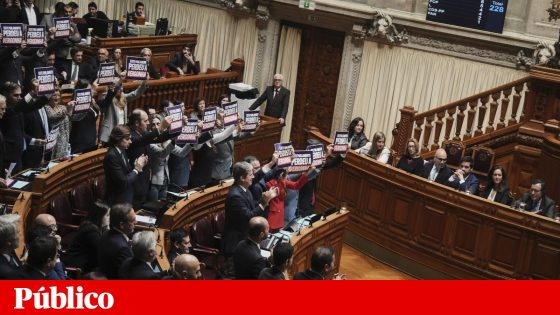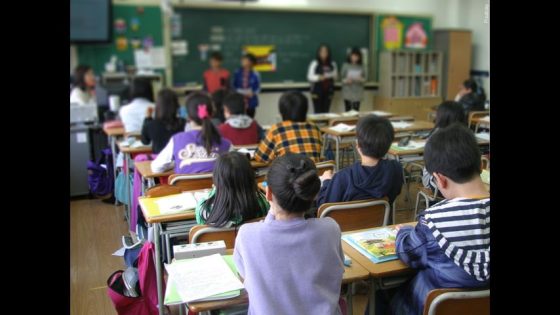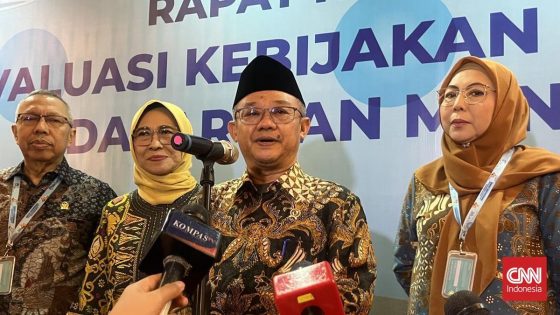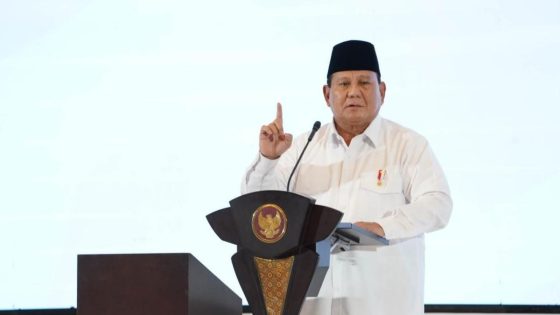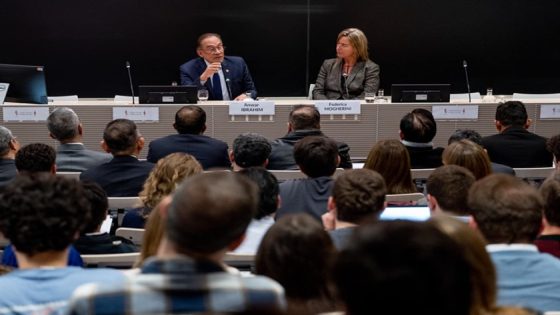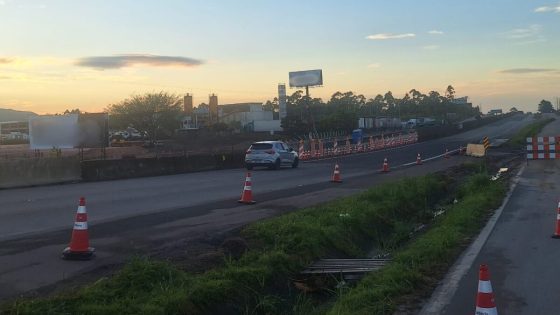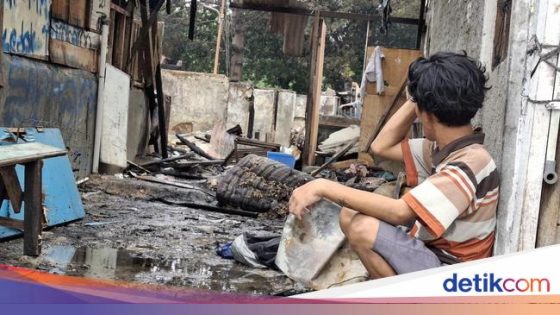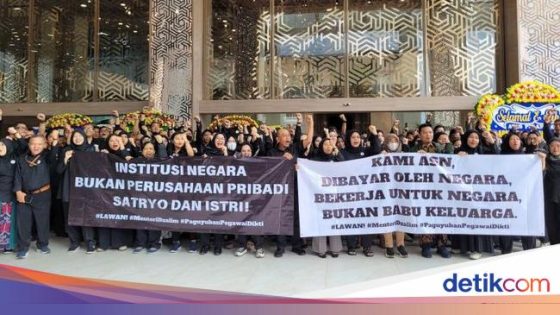On January 24, 2025, a significant event unfolded in the Portuguese Parliament as Miguel Arruda, a deputy elected by the Chega party, transitioned to an independent status. This change sparked protests from Chega’s parliamentary leader, Pedro Pinto, regarding Arruda’s seating arrangement during the plenary session. What does this mean for the political landscape in Portugal?
- Miguel Arruda became an independent deputy.
- Chega leader protested Arruda's seating arrangement.
- Tensions anticipated during the plenary session.
- Pedro Pinto criticized the current parliamentary rules.
- Rui Tavares referenced theft allegations against Arruda.
- Chega's parliamentary group reduced to 49 members.
Political Tensions Rise in Portugal’s Parliament Following Chega Deputy’s Change
Why are political shifts so impactful? The recent decision by Miguel Arruda to leave the Chega party and sit as an independent has stirred controversy. His seating arrangement, placed at the back of the chamber, reflects deeper issues within the party. As tensions rise, how will this affect future parliamentary sessions?
Implications of Miguel Arruda’s Departure from Chega Party
Arruda’s departure from the Chega party reduces its parliamentary representation from 50 to 49 deputies. This shift could alter the dynamics of future votes and discussions. The controversy surrounding his exit raises questions about party loyalty and the implications for Chega’s leadership.
Understanding the Reactions from Chega Party Leaders
The reactions from Chega’s leadership, particularly from André Ventura, indicate a lack of clarity regarding Arruda’s reasons for leaving. Ventura criticized Arruda’s explanations and emphasized that to remain affiliated with Chega, he would need to suspend or renounce his mandate.
- Chega’s parliamentary strength decreases with Arruda’s exit.
- Leadership disputes may lead to further fragmentation within the party.
- Political stability in Portugal could be at risk due to internal conflicts.
- Future sessions may see heightened tensions among party members.
The Role of Parliamentary Procedures in Political Changes
The procedures surrounding Arruda’s transition to an independent deputy highlight the complexities of parliamentary rules. The president of the Assembly initially upheld the decision regarding his seating but later called for a brief recess to address the concerns raised by Chega’s leadership.
Future Prospects for Chega and Portuguese Politics
As Miguel Arruda navigates his new role, the future of Chega remains uncertain. The party’s ability to maintain cohesion and influence legislative processes will be crucial. Observers will be watching closely to see how these developments unfold.
In conclusion, the shift of Miguel Arruda to an independent status not only impacts Chega but also reflects broader Trends in Portuguese politics. What will be the next chapter in this evolving political narrative?



